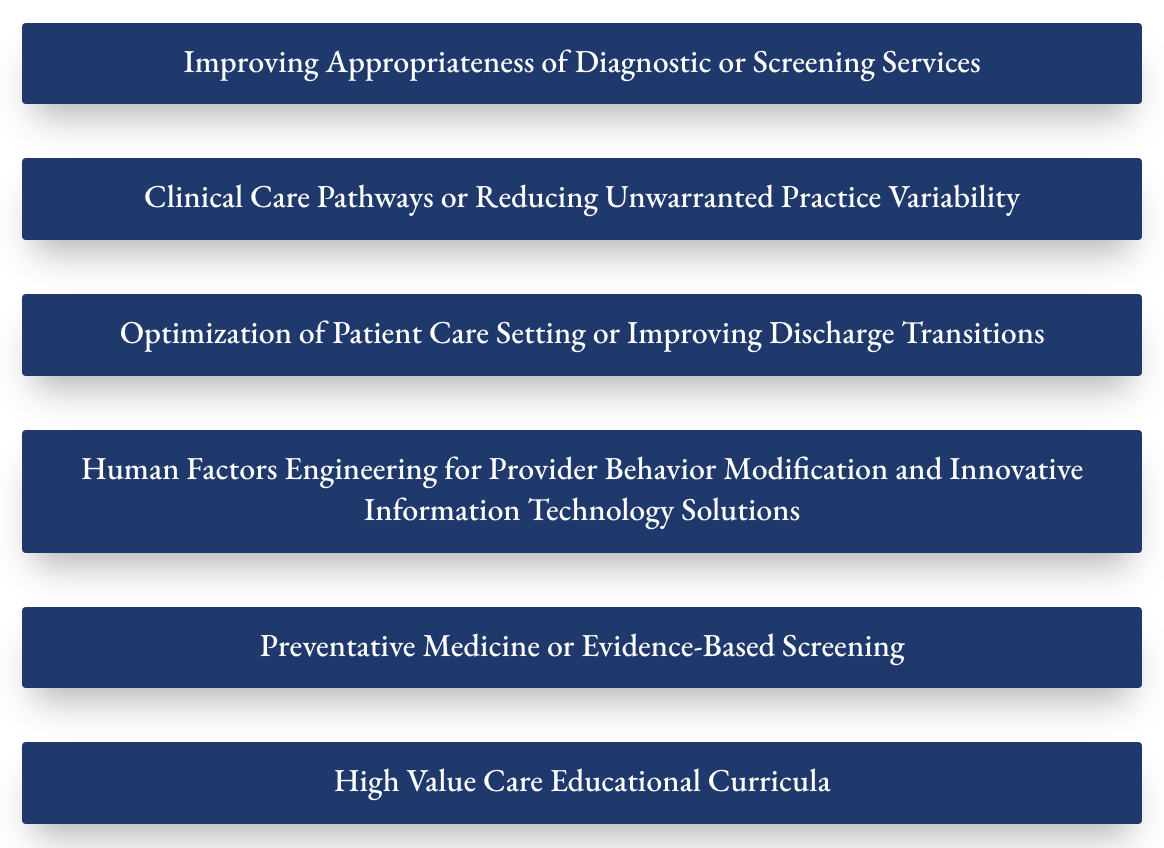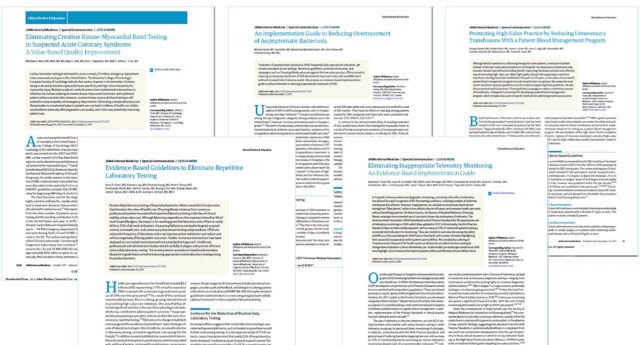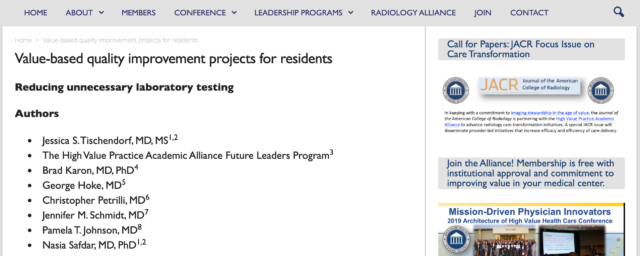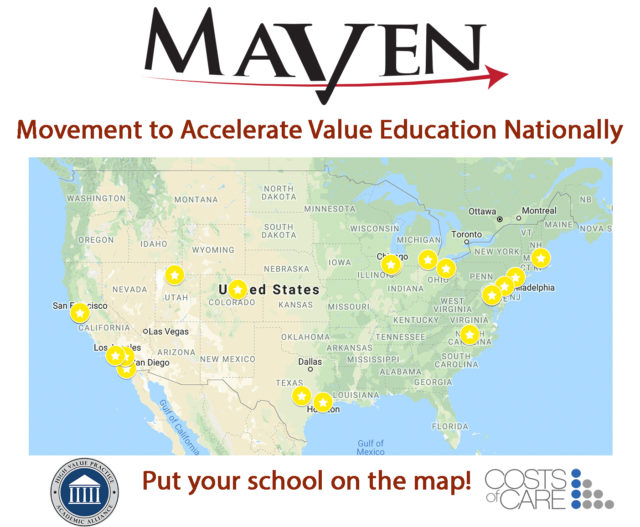From the 2021 HVPAA National Conference
Tiffany Hu (University of Michigan), Iman Ali, Michele Heisler, Angela Fagerlin, Helen Levy, Jeff Kullgren
Background
Enrollment in high-deductible health plans (HDHPs) continues to grow, creating significant access and financial barriers for many Americans. Enrollees in HDHPs, particularly those with chronic conditions, face high out-of-pocket (OOP) costs and often delay or forgo needed care due to cost. These challenges could be mitigated by helping HDHP enrollees with chronic conditions use cost-conscious strategies when seeking health care, such as discussing costs with providers, saving for upcoming health care expenses, and using online tools to compare prices. However, no interventions have sought to support use of cost-conscious strategies among HDHP enrollees with chronic conditions, and it is unknown what features of an intervention would be most valued and used by this patient population.
Objective
To assess preferences among HDHP enrollees with chronic conditions for a novel behavioral intervention that supports use of cost-conscious strategies when seeking health care.
Methods
We conducted an exploratory sequential mixed methods study in which we conducted 20 semi-structured telephone interviews and then surveyed 432 participants of a national internet survey panel. Participants were adult HDHP enrollees with diabetes, hypertension, coronary artery disease, chronic obstructive pulmonary disease, or asthma. The interviews and survey assessed participants’ health care experiences in their HDHP and their preferences for the content, modality, and frequency of use of a novel intervention to support use of cost-conscious strategies when seeking health care.
Results
Several interview participants encountered barriers to using cost-conscious strategies, including not knowing where to find information, and finding cost-conscious strategies to be too time-consuming. Those who had discussed costs with providers, saved for medical expenses, and used online price comparison tools often found these strategies helpful for managing their health care costs. Most interview participants felt that an intervention delivered using technologies such as a website or app would help them compare prices for services at different locations. Survey participants were most interested in learning to compare prices and quality, followed by discussing costs with their providers and putting aside money for care, through a website or email-based intervention that they would use a few times a year.
Conclusions
Encouraging the use of cost-conscious strategies is a promising approach to help HDHP enrollees with chronic conditions better afford needed health care, yet these patients often face barriers to routinely using these strategies when planning for and seeking care. An intervention that uses remote technologies to help HDHP enrollees with chronic conditions overcome informational and behavioral barriers to routine use of cost-conscious strategies could help reduce their OOP costs for needed health care.
Clinical Implications
Based on these findings, we are developing a novel behavioral intervention that leverages remote technologies to support engagement in cost-conscious behaviors among HDHP enrollees with chronic conditions. The patient-centered intervention will be developed and refined before pilot testing in late 2021. Results from this research will be disseminated to policymakers, health systems leaders, clinicians, and patients to maximize the potential for this intervention to lower OOP costs and improve access to needed care for the growing number of Americans in HDHPs.





